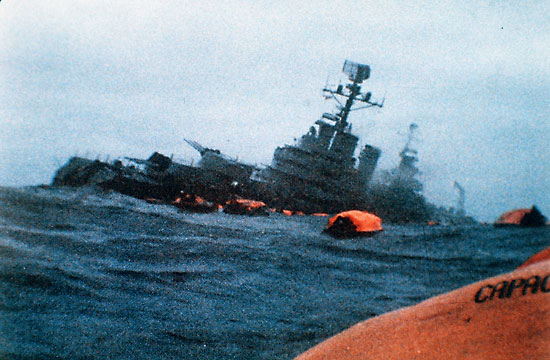
Thirty years ago, on 2 April 1982, an Argentinian force landed on the Malvinas/Falklands islands having already occupied the island of South Georgia. The response of the Thatcher government was immediate: it authorised the assembly and dispatch of a huge fleet to recapture the islands. British imperialism would not accept such a challenge: its global position was at stake. It was the dawn of neoliberalism: the end of capital controls had unleashed a flood of overseas investment with British banks in the lead. British imperialism had to demonstrate that it would use military force to defend these rapidly expanding interests.
However, there were significant military and political risks. In part the military risks were mitigated by US and Chilean support. But at home, the Thatcher government was extremely unpopular: its deflationary policies had raised real unemployment levels to over four million, and opinion polls put its support at less than 20%. That Thatcher was able to overcome divisions in the ruling class and send the task force was entirely due to the support given to her government by the Labour Party in parliament. Labour’s then leader, Michael Foot, a leading member of the Campaign for Nuclear Disarmament, gave full support to every step in the campaign for the recapture of the islands.
The Labour left proved spineless. Tony Benn wanted sanctions, opposing what he described as Argentinian aggression. Demonstrations against the war were swamped by the police; Communist Party and Labour Party organisers capitulated to police orders on which slogans were acceptable and which were not. Trade union leaders weighed in with vocal support for the war.
British imperialism’s victory transformed the political fortunes of the Thatcher government. With the Tories defeating Labour by a landslide in the 1983 general election, the ruling class had the political strength to take on and defeat the miners in 1984/85 – aided of course, once again, by the leaders of the Labour Party.
Fight Racism! Fight Imperialism! included two significant articles during the course of the war and we are re-publishing them as the ConDem coalition responds with bellicosity to Argentinian proposals to take the issue of sovereignty to the UN.




